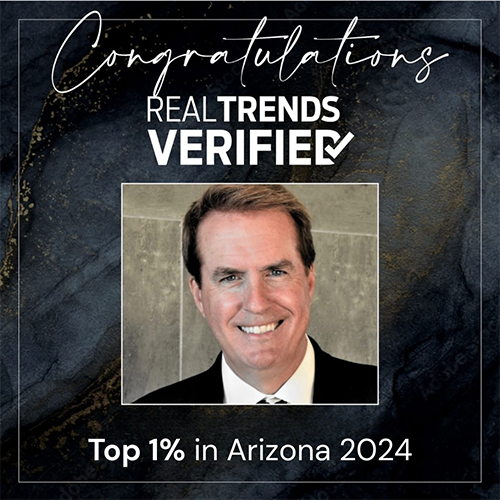
Estimating Your Selling Costs
When the time comes to sell your house, you’ll want to determine roughly how much you can expect to net after the sale. To figure that out, you’ll not only need to know how much your house will likely sell for, but also the selling costs you are likely to incur in the process.
The costs of selling vary depending on a number of factors. Here’s a general rundown of what to consider:
Repairs. First impressions are critical, so make sure your house will look its best to buyers. That may require you to get any needed repairs done before listing. You don’t want a buyer to see a dent in the wall or a dripping faucet- or worse.
Renovations. It might make sense to get a few improvements done to make the house more attractive. For example, you may want to replace old and worn kitchen countertops, outdated cabinets or flooring, or spruce up the landscaping so it doesn’t look overgrown or neglected.
Staging costs. Depending on the condition or style of your own furniture, you might consider having a professional decorating company add some “pop” by staging some rooms with their own furniture and accessories. If your house is already vacant, spending a few hundred dollars to have it “virtually staged” is becoming a more popular option.
Legal fees. There’s a lot of paperwork in a real estate transaction. For your own peace of mind, you might want to hire an attorney to review some or all of those documents.
Commissions. This is usually calculated as a percentage of the sale price.
Moving costs. Once you sell, you’ll obviously need to move! Factoring in this expense is not a bad idea.
Once you have that number, it’s easy to calculate how much money you’ll have available to put towards your next home.
2. “Jumbo loans in general are always going to have their more detailed work/loan process associated with them. The key to remember on Jumbo loans: they are all held on the balance sheets of the banks that provide those loans. There is no general secondary market for them to be sold to, like we have Fannie Mae and Freddie Mac loans. The guidelines are very specific to the banks/lending institutions that provide those loans and so the big key for any lender is to make sure they understand those guidelines. As economic conditions improve there is a notion that the jumbo lenders would ease their guidelines. Much of that will have to be played out as economy moves along.”
If you want to ask Ricardo some questions directly (or ask him to play golf), you can reach him at https://www.watermarkhomeloans.com/ricardoromero/















